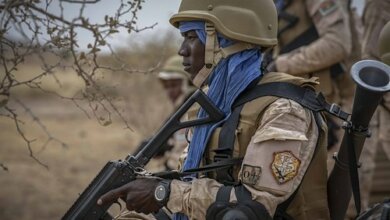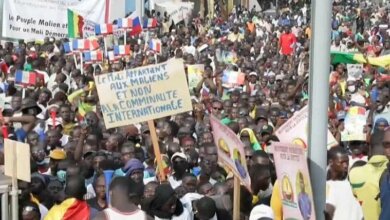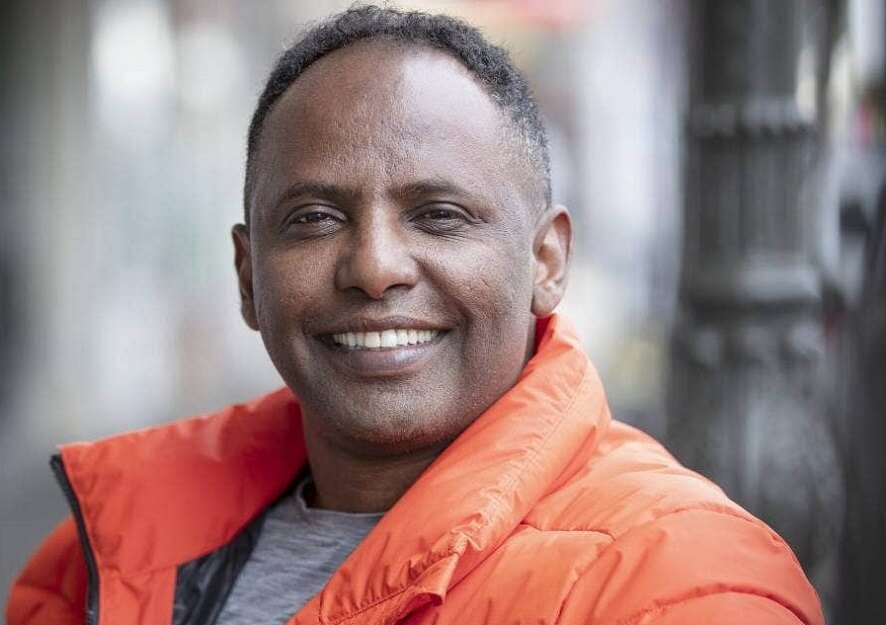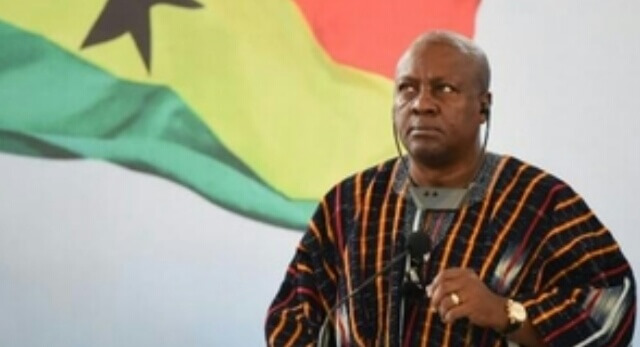Nigeria: Six Months after Panel, yet no Justice for ‘EndSARS’ Protest Abuses
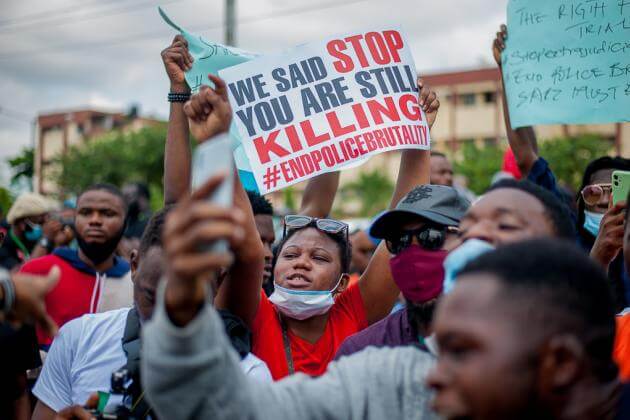
Youths in many locations throughout Nigeria took to the streets in October 2020, using the hashtag #EndSARS, to demand the abolishment of the Special Anti-Robbery Squad (SARS), an abusive police squad. Excessive force, including gunshot, was used by security forces to disperse protesters.
In an interview, Executive Director of the Nigerian human rights organisation Global Rights, Abiodun Baiyewu, mentioned that “the #EndSARS protests had started as far back as 2017, but gained their largest traction” in 2020.
“Nigeria has a lot of governance problems and a lot of people are hoping to leverage the #EndSARS movement to address these issues.”
On October 20, 2020, the Nigerian army reportedly opened fire on a gathering of demonstrators at the Lekki Toll Gate in Lagos, killing some and injuring several others; the incidence sparked a fresh nationwide outrage.
As a result, Lagos State Governor Babajide Sanwolu established a judicial commission to investigate the occurrence and make recommendations for justice and legal obligation.
Over the course of a year, the panel attented to testimony from victims of the protest, as well as representatives from the army, police, and hospitals that treated the victims. It found that security personnel fired, injured, and killed unarmed protestors at the Lekki Toll Gate in November 2021, corroborating claims earlier refuted by the Nigerian Army.
The panel produced a list of at least 48 victims, including nine deceased, four missing and assumed dead, and 21 gunshot victims. The panel suggested that police officers involved in the indiscriminate shooting and killing of demonstrators at the toll gate be prosecuted, and also that the victims’ compensation be paid promptly.
ICYMI Read Also: Buhari justifies killings of #EndSARS protesters by Nigeria security forces
The Nigerian police and military authorities have yet taken no further actions to independently consider the panel’s findings and recommendations, which according to Anietie Ewang, Nigeria researcher at Human Rights Watch (HRW), “should not be swept under the rug without any consequences for those responsible for killing and injuring protesters.”
The panel’s inference was rejected by Nigeria’s government, giving the initial indication that the panel’s conclusion would be unattended to. However, “a failure to act on the panel’s recommendations will send a painful message to victims and risks encouraging more violence by security officers,” said Ewang.
The federal government, represented by communications minister Lai Mohammed, rejected the panel’s findings and recommendations, stating that reports of security agents shooting and killing people at the Lekki Toll Gate were “false news” since the occurrence.
Serah Ibrahim, a coordinator of the EndSARS Survivors’ Group, which is made up of victims and families of the Lekki Toll Gate incident, told HRW that she and other members of the group, including those who are dealing with serious injuries from the shooting, are following up with Lagos state government officials.
In his statement, “They don’t want to fish out [identify] the people who shot at us and they also do not want to pay compensation for what happened because it will be an admission of guilt.”
Polltics have since then been played around the conclusion of the panel, that meant to mire the official draft of the inquiry. Another Committee was formed by Governor Sanwolu to review the contents of the Lagos judicial panel report and produce a white paper outlining the next steps.
The panel’s principal findings, including the nine-person death toll, were rejected in a white paper released in November 2021, citing several contradictions and a lack of adequate evidence to support the assertion.
Read Also: Nigerian Army Organised Seminar for Social Media Influencers & Bloggers
The Lagos state government, however said it fully or partially accepted all but one of the panel’s recommendations that pertain to its jurisdiction, and that it would forward the remaining recommendations to the appropriate authorities, including the federal government, the Police Service Commission, the Nigeria Police Force, and the Nigerian Army.
Nigeria has a dismal track record with judicial panels of inquiry, whose conclusions lack legal power and are frequently reliant on the competent authorities to carry them out. Past judicial panels, including those established to review widespread extrajudicial executions in other contexts, have failed to make progress in removing impunity for security force abuses due to a lack of political will on justice and accountability.
In a statement, HRW mentioned that Tony Ojukwu, the executive secretary of Nigeria’s National Human Rights Commission, said police and military officers have continued to operate with impunity because internal accountability procedures have failed to conduct their tasks sufficiently over the years.
“Nigerian authorities have evaded their responsibilities to identify, discipline, and prosecute security officers involved in abuses,” Ewang said.
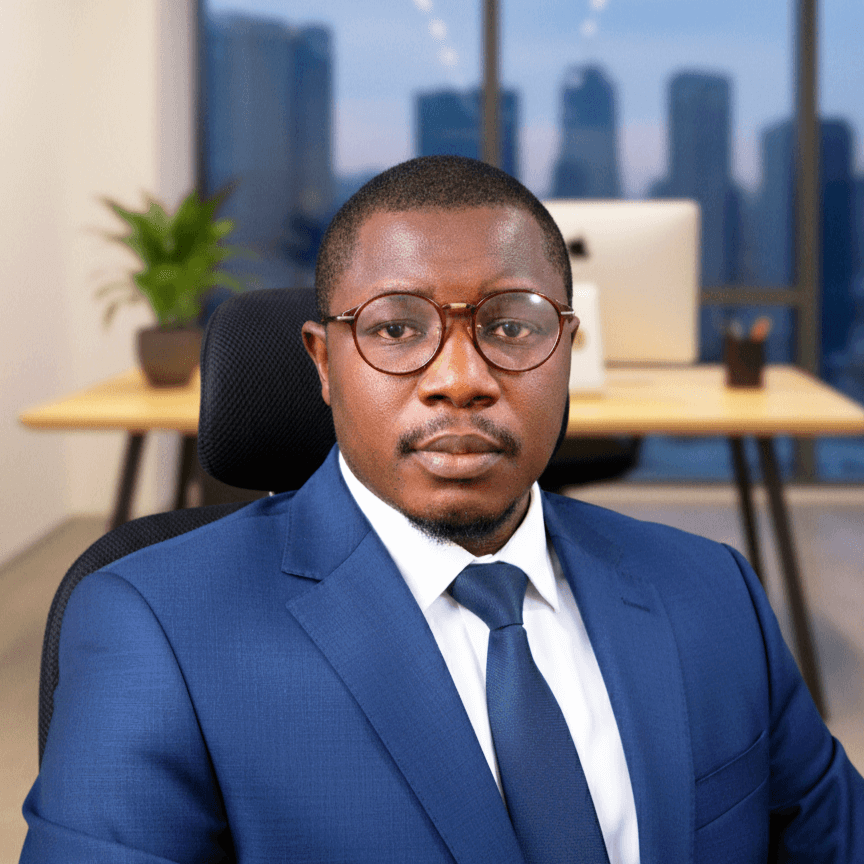
Abeeb Lekan Sodiq is the Managing Editor of theafricandream.net, a pan-African news website subsidiary of US-based TheAfricanDream LLC. He is also a Human Resource Practitioner, and a freelance Graphics Designer. He has worked with prominent personalities, including ambassadors, secretariats, international organisations, universities, celebrities, NGO, and media firms.

